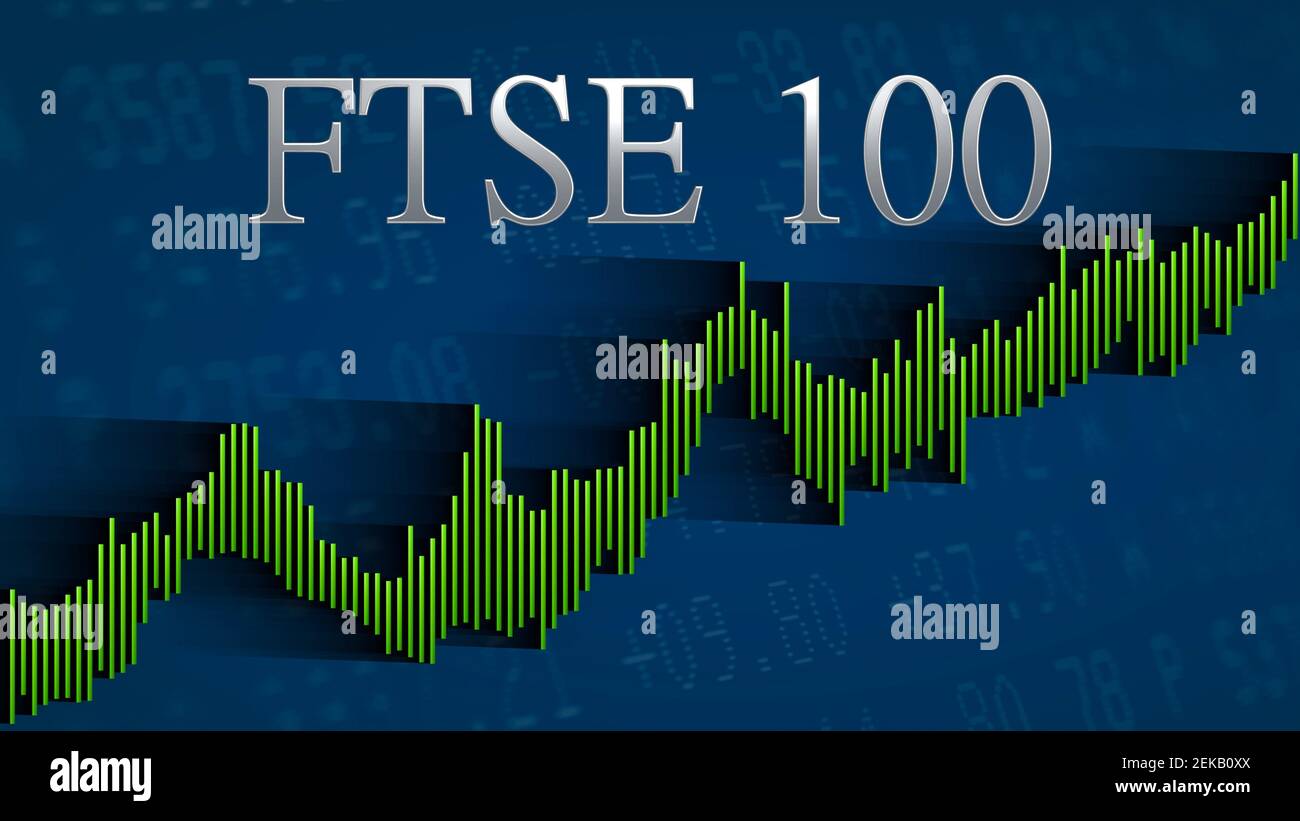
Akintunde Oyedokun
Research Analyst
Oil prices rose nearly 2% on Monday after three weeks of losses, despite investor concerns over U.S. trade policies. Brent crude settled at $75.87 per barrel, while WTI rose to $72.32.
Uncertainty over U.S. tariffs continues to impact market sentiment, with China’s retaliatory measures set to take effect. Meanwhile, potential Russian export bans and sanctions on Iran and Russia are tightening global supply, further supporting prices.
China’s Inflation Rises, But Factory Deflation Deepens
China’s consumer inflation rose to a five-month high in January, with CPI up 0.5% year-on-year, driven by Lunar New Year spending. Core inflation also increased to 0.6%, but producer prices remained deflationary, falling 2.3% for the 28th straight month.
Weak factory activity and sluggish domestic demand continue to weigh on the economy, with analysts warning that deflationary pressures may persist. Meanwhile, new U.S. tariffs add further strain on exports. Beijing is expected to maintain its economic growth target but may delay major policy moves until March’s annual parliament session.
Japan’s Current Account Surplus Reaches Record ¥29.3tr in 2024
Japan’s current account surplus hit an all-time high of ¥29.3 trillion ($192.67 billion) in 2024, a 29.5% increase from the previous year, as a weaker yen boosted returns on foreign investments. Primary income from overseas assets surged to ¥40.2 trillion, offsetting a ¥3.9 trillion trade deficit, which shrank due to strong exports of automobiles and chipmaking equipment.
The travel surplus rose to ¥5.9 trillion, reflecting a boom in inbound tourism. In December, the surplus stood at ¥1.08 trillion, down from ¥3.35 trillion in November.
Once driven by exports, Japan’s surplus now depends on foreign earnings, most of which remain abroad, limiting yen repatriation. Meanwhile, the U.S. is urging Japan to reduce its $68.5 billion trade surplus.
Botswana Forecasts 3.3% Growth, As Diamond Sector Rebounds
Botswana’s economy is expected to grow by 3.3% in 2025 after a 3.1% contraction in 2024, driven by a recovery in the diamond market, Finance Minister Ndaba Gaolathe announced.
With declining diamond revenues limiting government spending, Gaolathe stressed the need for economic diversification, echoing President Duma Boko’s vision to expand tourism, agriculture, manufacturing, and energy. Botswana recently finalized a deal with De Beers, extending mining licenses to 2054. The budget deficit is projected to narrow to 7.56% of GDP in 2025/26, down from 9% this year.
Nigeria’s Manufacturing Sector Shows Modest Improvement In January 2025 Despite Challenges
Nigeria’s manufacturing sector faced poor performance in January 2025, scoring -0.66 on the Business Confidence Monitor (BCM) Index, though improving from December’s -2.43. Most sectors showed mild recovery, but challenges like high production costs, weak demand, and supply chain disruptions persisted. Key manufacturing sub-sectors like textiles, chemicals, and motor vehicles underperformed, while agriculture saw positive growth. The report highlighted mixed trends, with inflation and high interest rates adding pressure. Business conditions improved slightly with a BCM of +5.69, but financing costs and structural issues remain significant barriers.













